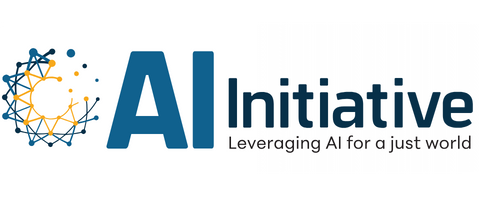Two days. Dozens of conversations. One shared vision.

Photo: CISPA Technology Transfer
This post was originally published on CISPA Helmholtz Centre for Information Security's LinkedIn page on 20 June 2025.
On June 12 and 13, 2025, we had the pleasure of welcoming Associate Professor Jonathan Shock from the University of Cape Town to CISPA Helmholtz Center for Information Security. His visit was made possible through the initiative of Faith Blakemore – thank you, Faith, for building this bridge!
Day 1: Research, Ideas, Strategy
Prof. Shock’s first stop was our main site in Saarbrücken. The focus: connecting with CISPA researchers, finding shared research interests, and exploring collaboration opportunities.
All of this is part of a bigger mission – CISPA's Africa Strategy, which aims to create sustainable scientific partnerships and spark impactful innovation between Europe and the African continent.
Day 2: Hands-on Tech and Real-World Transfer
Day two took us to the Beckerturm in St. Ingbert, where Prof. Shock explored two pillars of our applied work: cybersecurity education and technology transfer.
First stop: CISPA Cysec Lab
At the Cysec Lab, where the youngest minds are usually introduced to cybersecurity through playful, hands-on experiences by the team around Andrea Ruffing, the grown-ups had just as much fun with the demo and interactive stations. Prof. Shock got to try out several setups himself and gained a real sense of how CISPA puts digital education into practice – far beyond the academic paper.
Next stop: CISPA Technology Transfer
Our teams from Startups & Entrepreneurship and Product Labs showcased infrastructure, tools, and our support for early-stage innovation. Together, they discussed potential formats for collaboration – from startup mentorship to capacity-building.
What are the social and infrastructural challenges that shape deep-tech entrepreneurship – in Europe and in South Africa? How do local conditions influence startup motivation? What drives young researchers to build their own companies? Prof. Shock was especially interested in our holistic approach to tech transfer – supporting people far beyond the research paper.
Zooming out: Different systems, shared goals
Resources are more limited in South Africa. The challenges are different.
But that’s exactly why these conversations matter. They open space for reflection, mutual learning, and new ways of thinking.
As Prof. Shock put it: looking at the bigger picture is what drives truly global progress.
Thank you for the visit, Prof. Shock. We’re excited to see what ideas grow from these two days.
